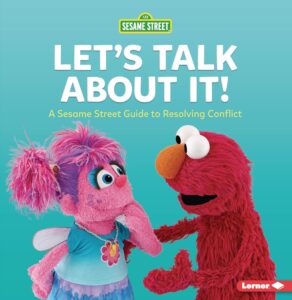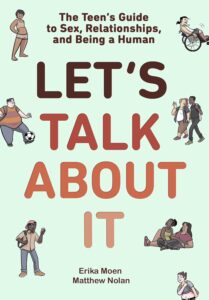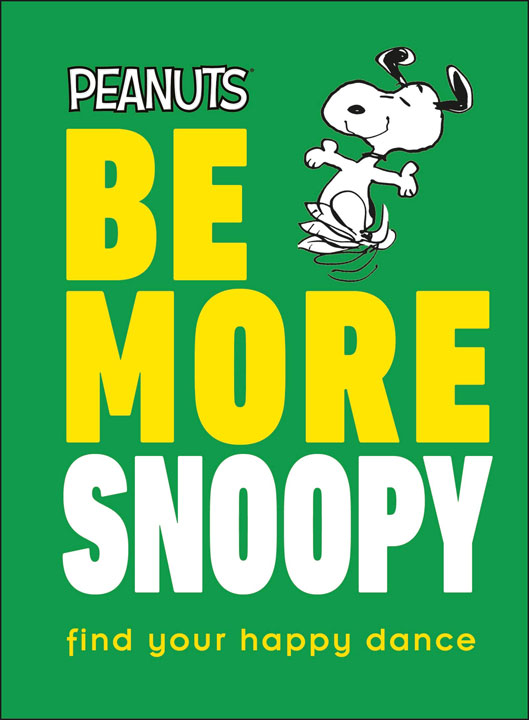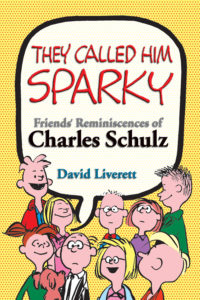Charles M. Schulz: Pinko scum?
- By : Nat
- Category : Classic finds

As with most of my history finds, I found the column when I was looking for something else, something only related because they both had the term “comic strip.” But there it was…
George Boardman, PhD, was telling the world that there was a problem with socialist propaganda on America’s funnies page, and he had not one but two examples to prove it. The first example?
Take a look at this line: “Where else can a little kid like me just walk in and for absolutely nothing be allowed to borrow a book like this one about Sam Snead?” The final balloon encloses this. “You’re right. Libraries are wonderful”.
You may recognize this. I sure did. That’s the April 25, 1963 Peanuts strip. That’s life-long Republican Charles Schulz they’re slamming that propagandist label on. The big Socialist evil being promoted on our comics page? It’s not legendary golfer Sam Snead. It’s libraries.
Now, we are in a time when America’s libraries are under attack by people who are holding that there’s a problem with these places offering books that are by, about, or for people who are not like them. They are using this as an excuse to not just seek the removal of books, or even just of dedicated library workers, but to have libraries simply closed, defunded. This isn’t just fringe material; the horrid Project 2025 some are embracing, for example, holds that the “propagation of transgender ideology” (i.e., acknowledgement that there are trans people out there) qualifies as “pornography” and “public librarians who purvey it should be classed as registered sex offenders.” Someone who lends you a CD with “Lola” or “Walk on the Wild Side”, a DVD with one of those Bugs Bunny dresses as a woman cartoons, or a season of Orange is the New Black, or the latest Saved by the Bell revival? Apparently, that’s something to get folks arrested.
Are libraries dangerously anti-American? Well, Ben Franklin founded a library (privately owned but open to the public) in 1731. (It’s still around today, and the map that Wikipedia offers of it shows it dead in the center of “Gayborhood”) Congress formed its own library in 1800, and when our enemies destroyed it in the War of 1812, Thomas Jefferson got them to repopulate it with his own book collection. The founding fathers seemed quite in favor of access to books, even with ones that had ideas that they might not agree with. (Among those books the LoC got from Jefferson is his copy of the Qur’an.)
Was Schulz progressive in some ways? Absolutely. He brought a Black character into the strip when some still had a problem with that. He was talking about women’s sports when it was something more than a reason to attack trans folks. (I’m not saying there aren’t a wide range of ways to consider trans sports participation… but if the first time you hear someone talking about women’s athletics is to focus on trans folks, it’s not the women’s sports they’re really concerned about.) But none of that is the government takeover of private business.
We are living at a time when some in power seem much more concerned about what they can do to people than for people, and this sort of attack on a pro-library statement, as ludicrous as it was, is sadly not far from much of what we are hearing today.
The complainer in this case announces that “I haven’t looked at a comic strip in a good many years”… and that sort of grounded-in-ignorance work is fairly common in anti-library circles. The people who show up complaining about books often have not read them, but got a list of supposedly-problem books generated by folks who have also not read them. My pal Ryan Estrada, co-writer of the graphic novel Banned Book Club about resistance to government censorship in South Korea (and itself a banned book in places) likes to tell the tale of the time he dealt with folks demanding the removal of this book from the children’s section:
…when what the library really had was this:
 Libraries do not force books on people. They do make things available for those who want to know more… and that sort of learning is the option that some want to shut down. Libraries, like park and roadways, are a great public good, but not some sort of radical development. It is vital to save our libraries, and useful to note the attacks on them as just a foot-in-the-door for larger censorship.
Libraries do not force books on people. They do make things available for those who want to know more… and that sort of learning is the option that some want to shut down. Libraries, like park and roadways, are a great public good, but not some sort of radical development. It is vital to save our libraries, and useful to note the attacks on them as just a foot-in-the-door for larger censorship.
Now excuse me, I have to get ready for the appearance I’m making at my local library’s Authors Fair later today.
(For the curious: the other strip being pointed to in this column is the “Priscilla’s Pop” that ran the same day, which mentioned Social Security.)






